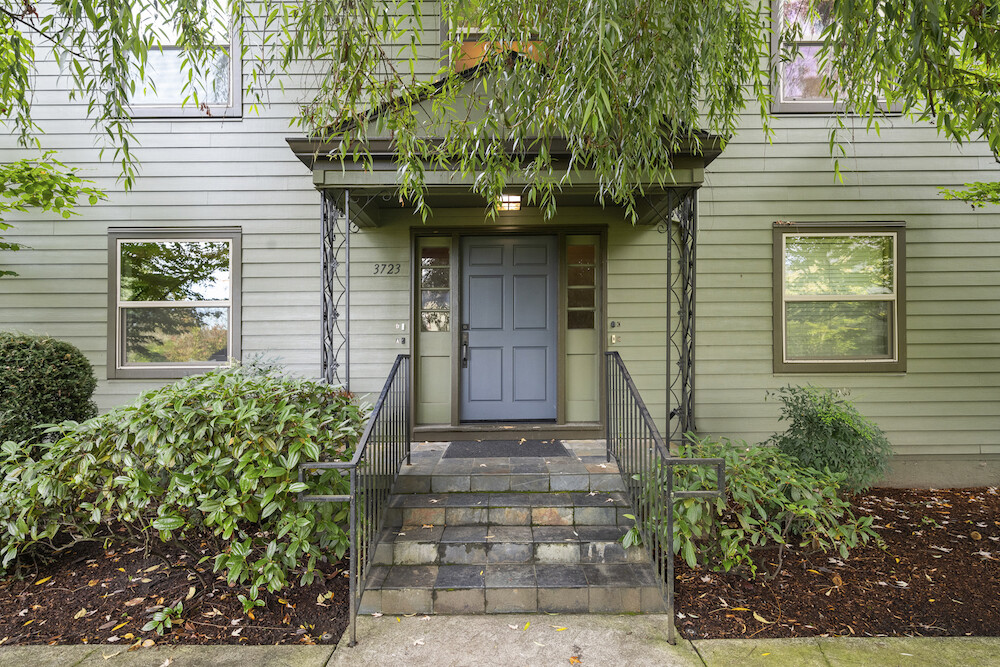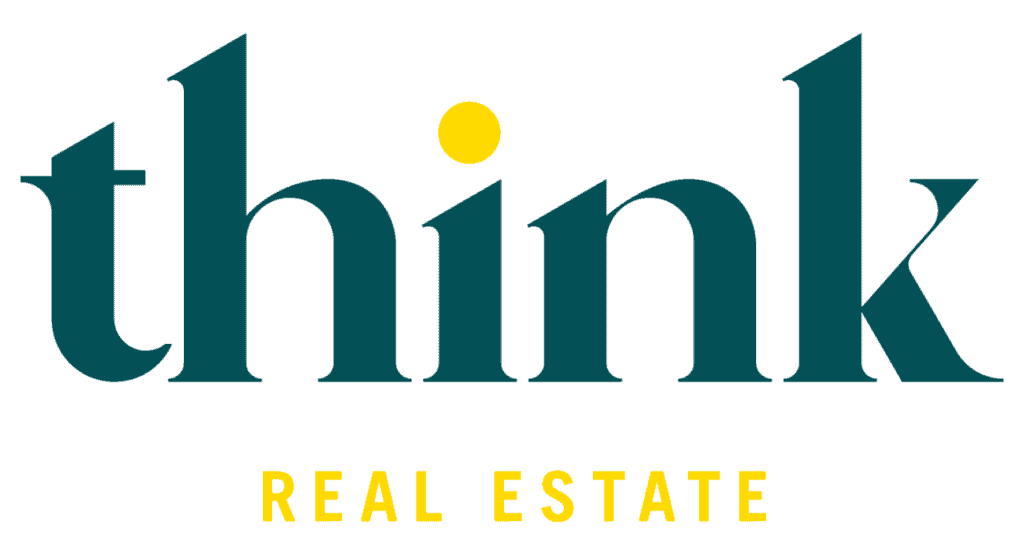Ah, self-employment… The joy and opportunity of being your own boss and setting your own hours are endless.
As a self-employed person myself, I wouldn’t change it for the world. However, there is one downside that often gets pushed under the rug: buying a house when you’re self-employed is freaking hard!
A lot has changed since my last post on this topic. Good news — getting qualified for a mortgage if you’re self-employed is becoming increasingly manageable, especially with lenders adapting to the growing gig economy. If you’ve been told it’s impossible, I’m here to tell you it’s not. Here’s what you need to know to successfully buy a home as a self-employed individual in 2025.
Here are 4 common problems I see my self-employed clients face when buying a house:
- Writing off too many expenses
- Their business is successful, but they don’t pay themselves enough
- Leaving taxes on the back burner
- Not having a steady income
I’ll also cover (1) a great example of when to buy a home if you are considering self-employment, (2) a fail-safe plan to buying a home when self-employed, and (3) other factors that will aid in your mortgage approval. Let’s get this show on the road!
If you’re new here, I’m Lauren Goché — a Portland realtor with a decade of experience backing me up. Which means I’ve weathered more than a few market shifts over the course of my career, and specialize in making sure you can make the most of the market for your goals. Read more about me here.
Mortgage Market in 2025: What You Need to Know
Mortgage rates are still elevated, sitting around 6.5–7% as we approach 2025. This doesn’t make buying a home any easier, especially if you’re self-employed. And while Portland’s housing market has seen stabilization over the last couple of years, affordability remains a challenge in certain neighborhoods.
Lenders? They’re still requiring two years’ worth of tax returns showing consistent, stable income. BUT there’s good news: alternative financing options are expanding! Loans like bank statement loans (based on cash flow instead of tax returns) and DSCR loans (great for investors) are becoming more popular. These could be game-changers for folks who don’t fit the traditional mold.
Thinking of Becoming Self-employed and Buying a House? – Read Montserrat’s Story First!
Before we start, I have to make one thing clear: If you want to buy a home, do so before you quit your job. Seriously. Getting a mortgage is worlds harder when you’re self-employed.
Let me introduce to you one of my besties, Montserrat Andreys. She founded Hey Doc Clinic, Portland’s only health clinic aligned towards BIPOC & LGBTQIA+ communities, but welcoming to all.
Years ago, we were chatting when she revealed her plans to first open the clinic, and then buy a house. In her own words:
“I thought it would be smarter to start a new clinic, stabilize my income and then buy a house, it felt responsible.”
I looked back at her and knew I had to shut that down real quick.
“Uhhhh. You will do no such thing until you buy a house.”
“I’m not ready to buy a home!”
“Well Idgaf if you’re ready, you’re doing it.”
I took her by the scruff of the neck and shoved her into a house (figuratively, of course) — It’s been 2 years since, and not only does she run a one-of-a-kind healthcare clinic, she also ends every workday in her lovely home. Mission accomplished! 🎉
” I think about all the things I know about my industry that others get wrong, and it was the same with me and real estate. You don’t only reach out to a realtor when you “think” you’re ready. You reach out to Lauren to find out how to get ready to buy a house with YOUR particular set of circumstances. She’s a guide through the journey, not just to greet you at the end.”
— Montserrat Andreys
Why is Getting a Mortgage When You’re Self-Employed so Difficult?
Here are 4 common problems I see my self-employed clients face when buying a house:
You’re Writing Everything Off
Lenders want to help you, but they HATE when you write everything off. The number 1 thing you need to understand is lenders care about your TAXABLE income, not your actual income. So, by writing off any and all expenses under the sun, you are actually working harder, not smarter when it’s time to buy a house.
You Are Not Your Business
I find when I have a self-employed client I often hear, “my business is doing really well, we pull in like hundreds of thousands of dollars a year.” — They think of themselves as their business, but on taxes they only pay themselves 30k a year. THAT is the number your lender looks at.
Lax With Your Tax
Us self-employed folk don’t get our taxes automatically subtracted from our paycheck, so it gets hard to know how much we owe. My tip is talking with a tax professional to set aside money each quarter, that way you’ll never feel blindsided. And if you’re behind on taxes, set up a payment plan with the IRS. It’s possible to buy a house if you owe taxes, as long as you’re currently on a payment plan. Take it from me! That’s how I bought my first home.
Establishing a Stable Income
Lenders need to see at least 2 years of tax returns with stable income, and when you’re starting your own business, who knows how long that will take. Even if you kill it that first year and rake in tons of cash, you still don’t have two years of self-employed tax history they insist on. And here’s the kicker: If you make less in your second year, lenders can actually count that against you.
Already Self-Employed? Let’s Make a Plan
If you feel discouraged by what I just told you, don’t give up! Buying a house when you’re self-employed is totally doable, you just need to get everyone’s heads together and make a plan. During this process, a lender and smart tax person will be your best friends.
Remember: Advice from seasoned professionals (like me!) is typically FREE. So don’t be afraid to check in with everyone for the best course of action, and don’t ever be afraid to seek out second opinions. There are ways around things y’all, you just gotta know how to find them.
Start Before Filing Your Taxes!
Talk with your tax professional and/or lender BEFORE filing taxes this year. You need at least two years of tax returns with considerable taxable income, so just shoot them all an email or give them a call once you’re done reading this and get a head start!
Talk to a Lender
No excuses! This is a FREE service, and you must do it. In fact, this is the first step for anyone even thinking of buying a house. Lenders come in all shapes and sizes — you may not know what you qualify for until you chat with one!
Thinking outside the box? If homeownership feels out of reach solo, have you considered buying a house with friends? Pooling resources can make a mortgage more attainable, and with the right legal framework, it’s an increasingly popular option. Check out my blog on How to Buy a House with Friends for a deep dive into how this strategy works, what to look out for, and how to set yourself up for success.
Looking for a lender? I have some great ones I work with consistently. I’d be happy to connect you!
Talk to a Tax Professional
A good tax professional anticipates what your taxes should look like when you’re buying a house. They help make strategic deductions without going overboard. The bottom line is, paying more income tax for 1-2 years will help in your home purchase!
Other Factors That Will Help You Get Approved
There are a few additional things lenders look for that can help your case:
Pay Off Debt
Your debt-to-income ratio is the amount of monthly income that goes towards debt payments. Lenders look at this number to see if you have enough income left over to handle mortgage payments. So the more you pay off, the better!
Improve Your Credit Score
This goes without saying. The higher your credit score, the better your interest rate and more financially responsible you look to lenders. I suggest pulling your credit report, you might be able to dispute errors with your credit bureau.
Offer a Larger Down Payment
The more money you put up front, the less likely lenders see you as a risk. The size of your down payment may tilt the balance in your favor.
Save Up Some Moolah
Saving for a rainy day is the best way to combat unexpected changes in income. If you have cash reserves, lenders see you can make payments even if business slows down and be more inclined to give you that loan.
Key Takeaways:
- If you want to buy a home, do so before you quit your job.
- Lenders need at least 2 years of tax returns with stable income – which is difficult when starting a business.
- Don’t write everything off! Lenders look at taxable income.
- You can still get a mortgage if you owe taxes, just set up a payment plan with the IRS.
- Talk to a lender and tax professional before filing taxes.
- Paying more income tax for 1-2 years will help you buy a house.
- Increase your chances of getting approved by paying off debt, improve your credit score, offering a larger down payment, and having money saved up.
Are you ready to take the plunge into homeownership as a self-employed individual? I’m here to help make it happen — get in touch with me here!







